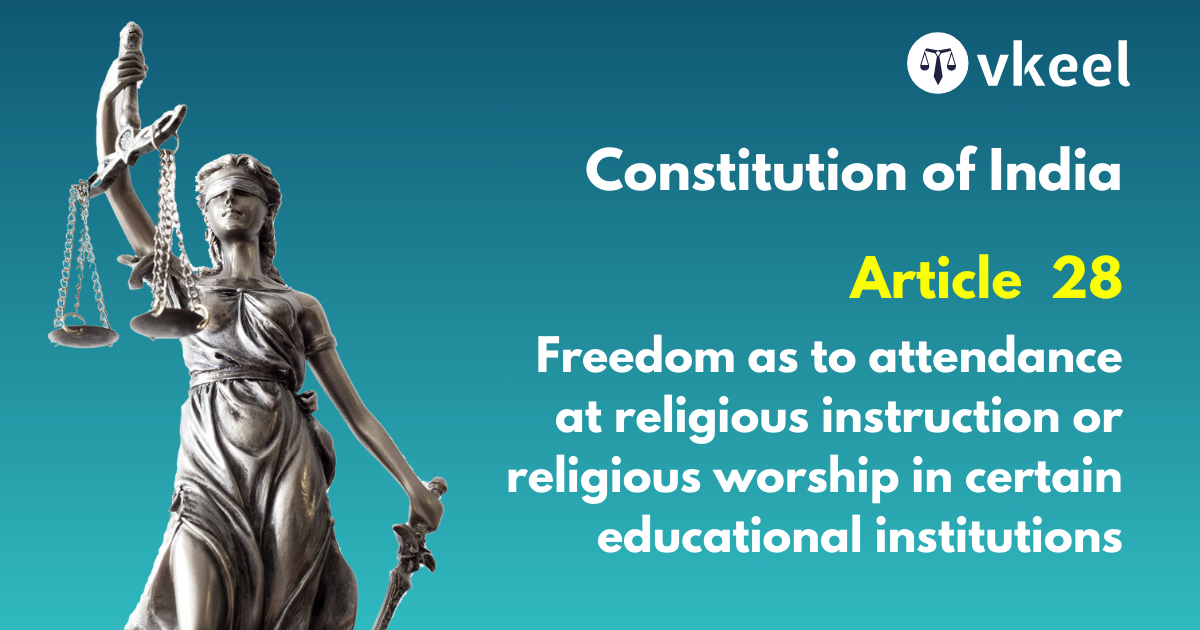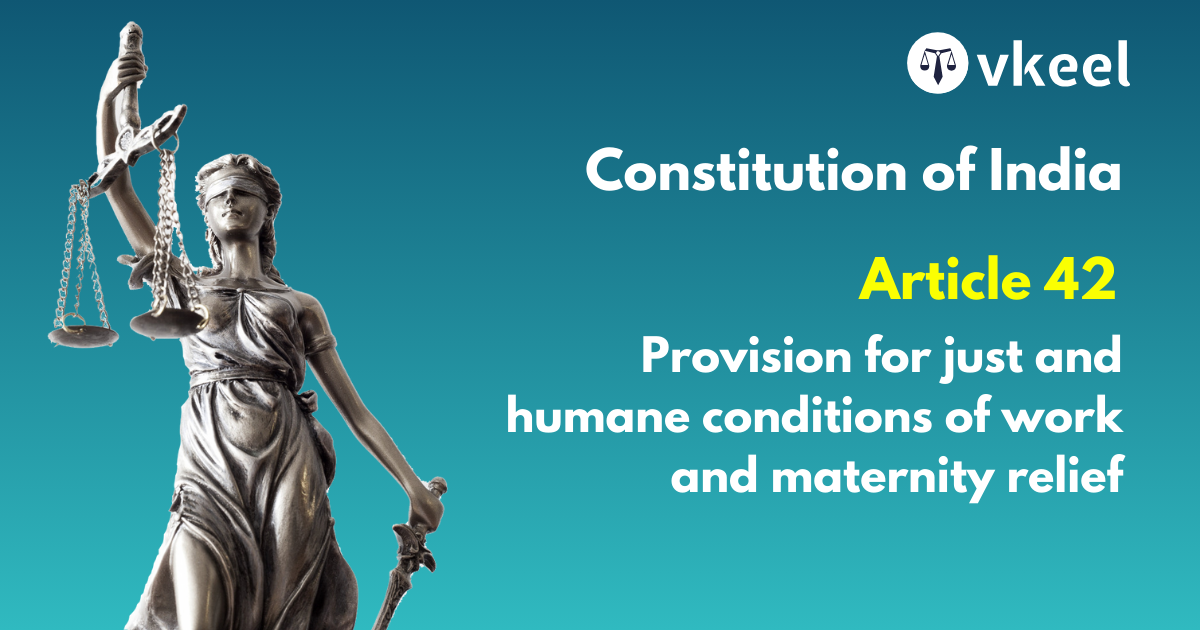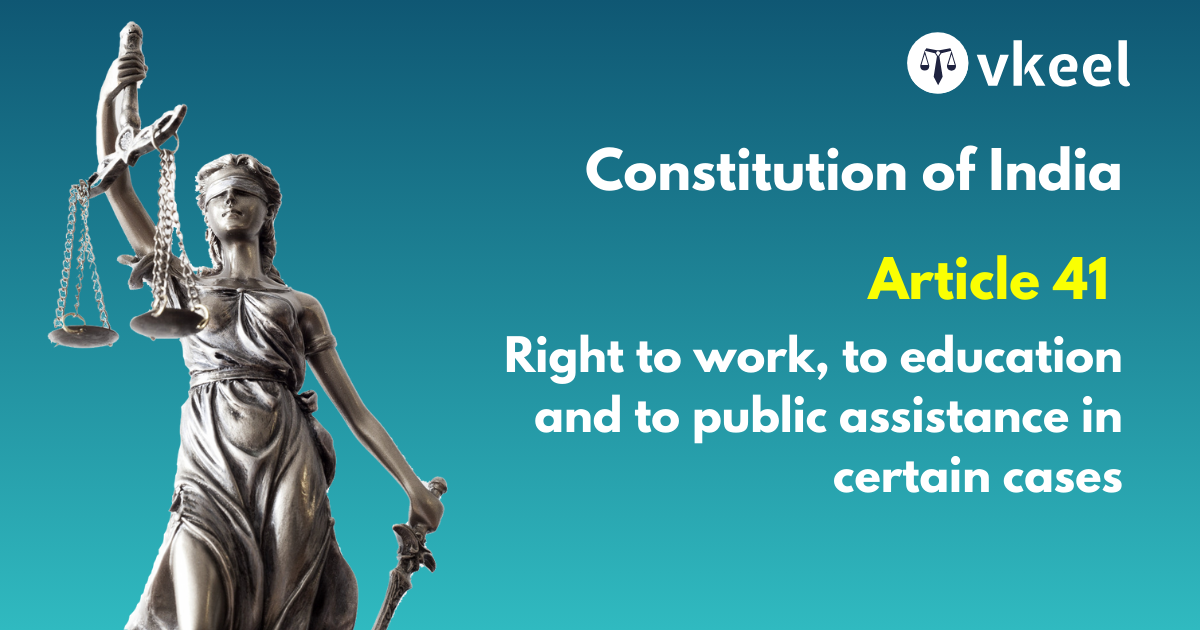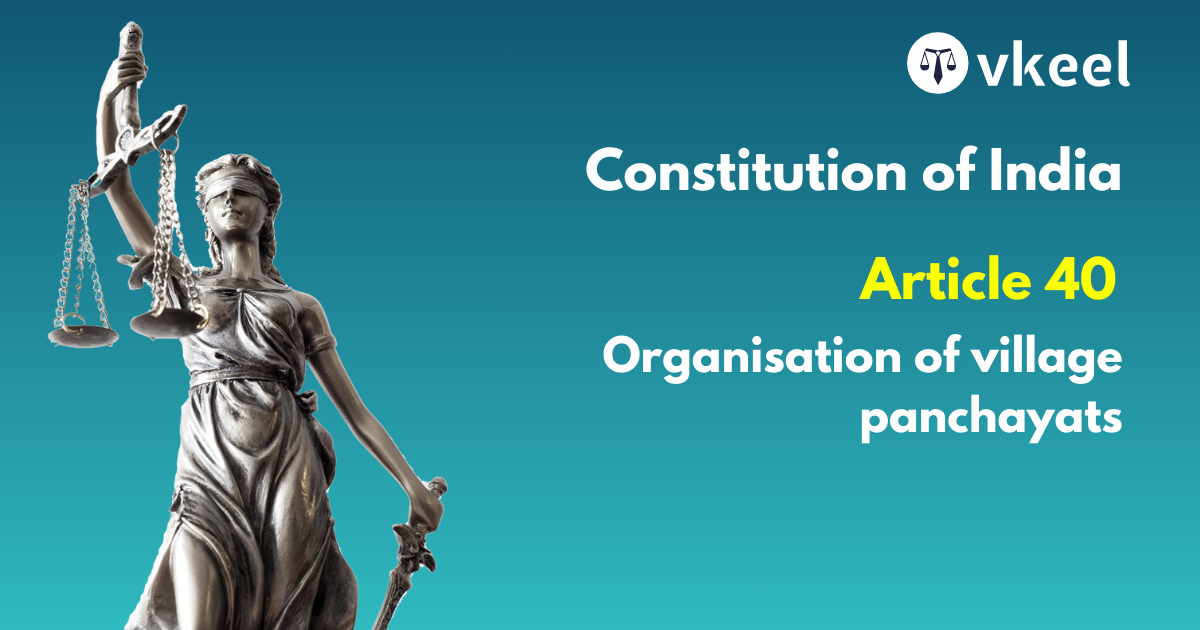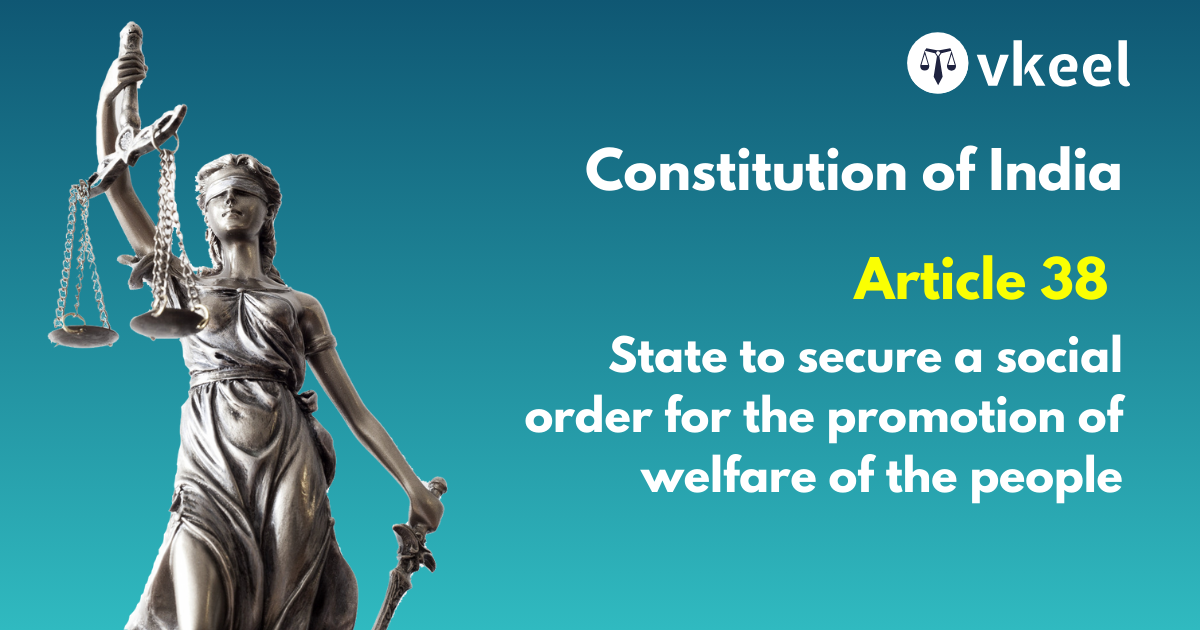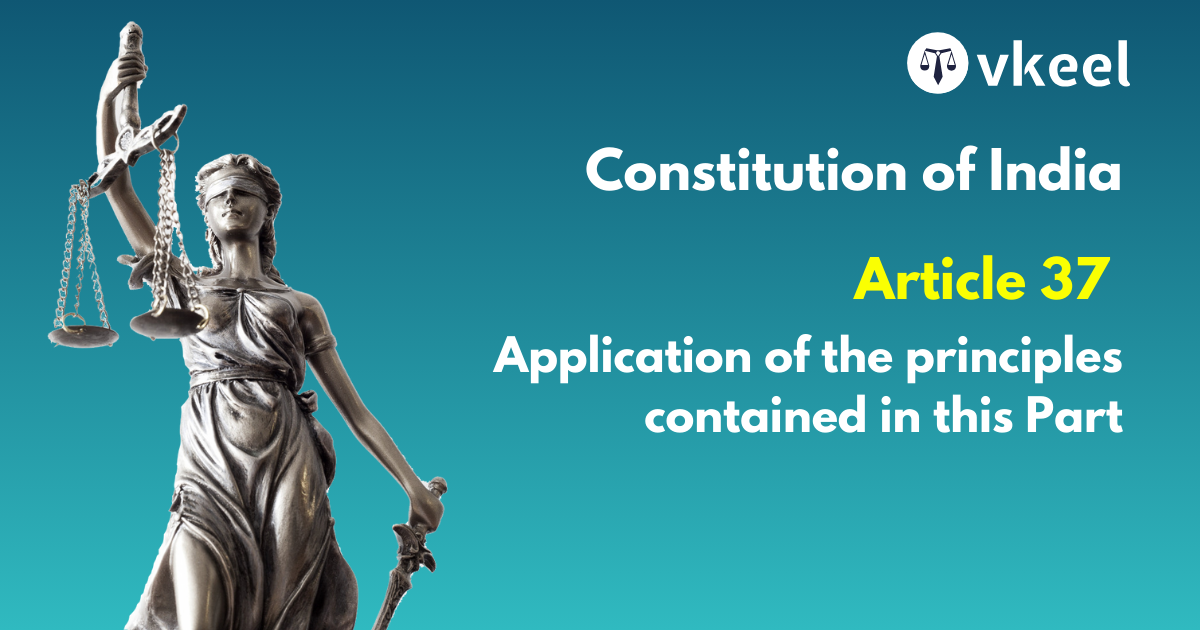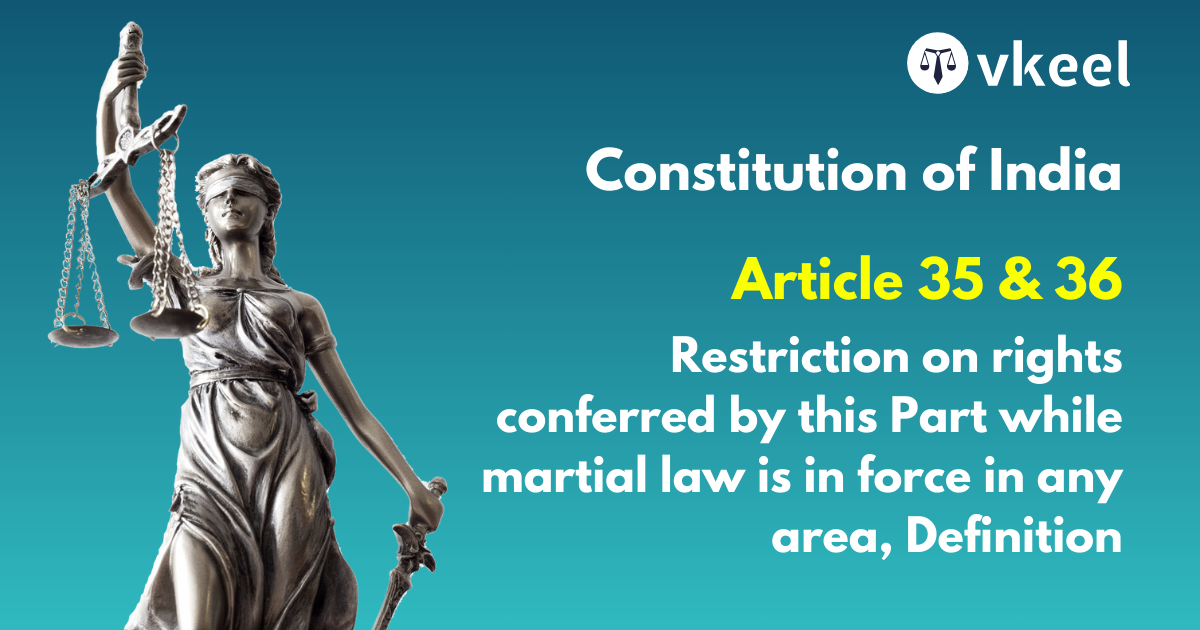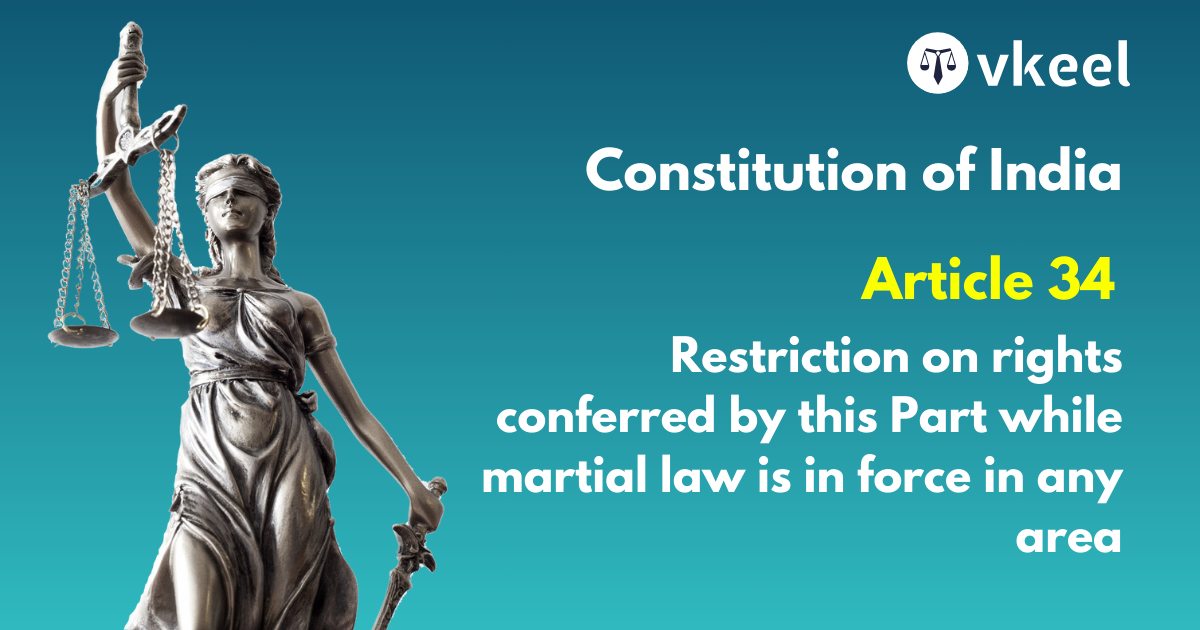Article 28 of the Constitution of India
By Joy Puri
Introduction
The crux of the Article 28 of the Indian Constitution lies in the fact that it provides right to the citizens of India that they possess freedom in regards to the attendance of religious worship in certain educational Institution.
The provision of the Constitution of India furthermore entails about the educational institutions as to which of them can take part in the religious instructions.
Article 28 of the Constitution of India
Freedom as to attendance at religious instruction or religious worship in certain educational institutions
(1) No religious instruction shall be provided in any educational institution wholly maintained out of State funds.
(2) Nothing in clause (1) shall apply to an educational institution which is administered by the State but has been established under any endowment or trust which requires that religious instruction shall be imparted in such institution.
(3) No person attending any educational institution recognised by the State or receiving aid out of State funds shall be required to take part in any religious instruction that may be imparted in such institution or to attend any religious worship that may be conducted in such institution or in any premises attached thereto unless such person or, if such person is a minor, his guardian has given his consent thereto.
Landmark Judgements on Article 28 of the Constitution of India
St Xaviers College Society Vs State of Gujarat, 1974
Article 28 forbids subject to the exception contained in clause (2), the imparting reArticle 28s foretions in any educational institution whilon pined out of State funds. The article also contains provision against compulsion for persons attending imeducational institution, recognized by the State of receiving aid out of State funds, to take part in any religious instruction that may be imparted in such institution or to taken d’any religious worship that may be conducted in such institution or in any premises attached thereto.
Aruna Roy Vs Union of India, 2002
In substance, article 28 prohibits imparting of religious instructions in any educational institution wholly maintained out of State funds. At the same time, there is no such prohibition where such an educational institution is established under any endowment or trust which requires that religious instruction shall be imparted in such institution. Further, no person attending any educational institution recognised by the State or receiving aid out of State funds could be compelled to take part in any religious instruction that may be imparted in such institution or to attend any religious worship that may be conducted in such institution. So the entire emphasis of the article is against imparting religious instruction or of performing religious worship. There is no prohibition for having study of religious philosophy and culture, particularly for having value based social life in a society which is degenerating for power, post or property.
T.M.A Pai Foundation Vs State of Karnataka, 2003
As in the case of a majority-run institution, the moment a minority institution obtains a grant of aid, article 28 of the Constitution comes into play. When an educational institution is maintained out of State funds, no religious institution can be provided therein. Article 28(1) does not state that it applies only to educational institutions that are not established or maintained by religious or linguistic minorities. Furthermore, upon the receipt of aid, the provisions of article 28(3) would apply to all educational institutions whether run by the minorities or the non-minorities. Article 28(3) is the right of a person studying in a State recognized institution or in an educational institution receiving aid from State funds, not to take part in any religious instruction, if imparted by such institution, without his/her consent (or his/her guardian’s consent if such a person is a minor). It is no doubt true that article 29(2) does curtail one of the powers of the minority institution, but on receiving aid, some of the rights that an unaided minority institution has are also curtailed by article 28(1) and 28(3). A minority educational institution has a right to impart religious instruction – this right is taken away by article 28(1), if that minority institution is maintained wholly out of State funds. Similarly on receiving aid out of State funds or on being recognized by the state, the absolute right of a minority institution requiring a student to attend religious instruction is curtailed by article 28(3). If the curtailment of the right to administer a minority institution on receiving aid or being wholly maintained out of State funds as provided by article 28 is valid, there is no reason why article 29(2) should not be held to be applicable. There is nothing in the language of article 28(1) and (3), article 29(2) and article 30 to suggest that on receiving aid, article 28(1) and (3) will apply, but article 29(2) will not.
Conclusion
The soul of the article enumerates and describes the rights of the citizens in the matters of religious affairs.
The enumerating factors opine about the institutions and further followed and guided by the principles which were the outcome of the judicial precedents. The precedents thereby narrate the tales of fairness, accountability and justice.
Disclaimer:
The information provided in the article is for general informational purposes only, and is not intended to constitute legal advice or to be relied upon as a substitute for legal advice. Furthermore, any information contained in the article is not guaranteed to be current, complete or accurate. If you require legal advice or representation, you should contact an attorney or law firm directly. We are not responsible for any damages resulting from any reliance on the content of this website.

